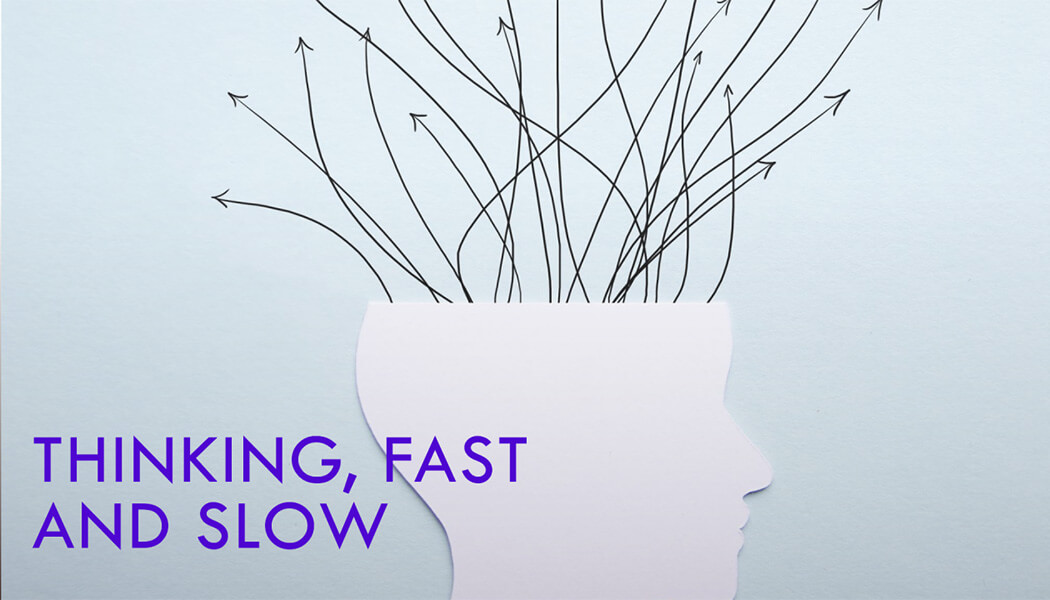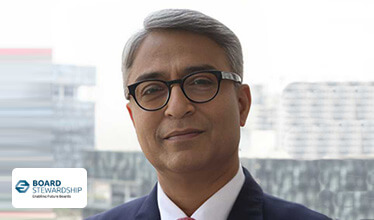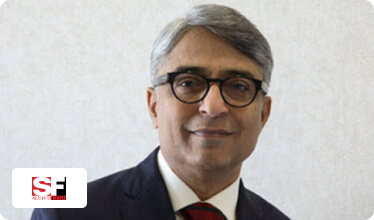As news of Daniel Kahneman’s passing reverberates across the academic, business and intellectual community, I reflect on the profound impact his work has had on our understanding of human behaviour, particularly in the realm of decision-making. With his seminal book “Thinking, Fast and Slow,” Kahneman delved into the intricacies of human cognition, shedding light on the biases and heuristics that often lead us astray.
In “Thinking, Fast and Slow,” Kahneman convincingly demonstrated through many examples the dichotomy between our intuitive, fast-thinking System 1 and our deliberate, slow-thinking System 2. Through captivating anecdotes and rigorous research, he revealed how these two systems interact to shape our perceptions, judgments, and decisions.
One of Kahneman’s most enduring insights was his exploration of human irrationality and the many ways in which it manifests in our daily lives. Despite our best intentions, our decisions are often influenced by cognitive biases, emotional impulses, and social pressures. Kahneman’s work underscored the importance of recognizing these biases and striving to mitigate their effects, both individually and collectively.
In awarding Kahneman the Nobel Prize in Economics, the citation praised his ground-breaking contributions to the integration of psychology into economic science. His research on human judgment and decision-making under uncertainty challenged conventional wisdom and reshaped our understanding of economic behaviour.
In his book “Noise,” a collaboration with Olivier Sibony and Cass R. Sunstein, Kahneman delved further into the realm of decision-making, exploring the concept of “noise” – the variability and inconsistency in human judgment. By highlighting the pervasive influence of noise in decision-making processes, Kahneman offered invaluable insights into how organizations can strive for greater consistency and accuracy in their decisions.
As a leadership coach, as I handhold senior leaders to navigate the complexities of our increasingly interconnected and uncertain world, Kahneman’s lessons resonate more profoundly than ever. His emphasis on the importance of rationality, long-term thinking, and emotional intelligence in decision-making is particularly relevant in today’s leadership landscape.
In the face of unprecedented challenges and disruptions, leaders must cultivate a higher emotional quotient (EQ) alongside their intellectual prowess. By fostering empathy, resilience, and adaptability, leaders can navigate uncertainty with clarity and compassion, guiding their organizations toward sustainable success.
As we bid farewell to Daniel Kahneman, let us honour his legacy by embracing his teachings and striving to embody the principles of rationality, humility, and empathy in our leadership journey. In doing so, we pay tribute to a true luminary whose insights continue to illuminate our path forward.











